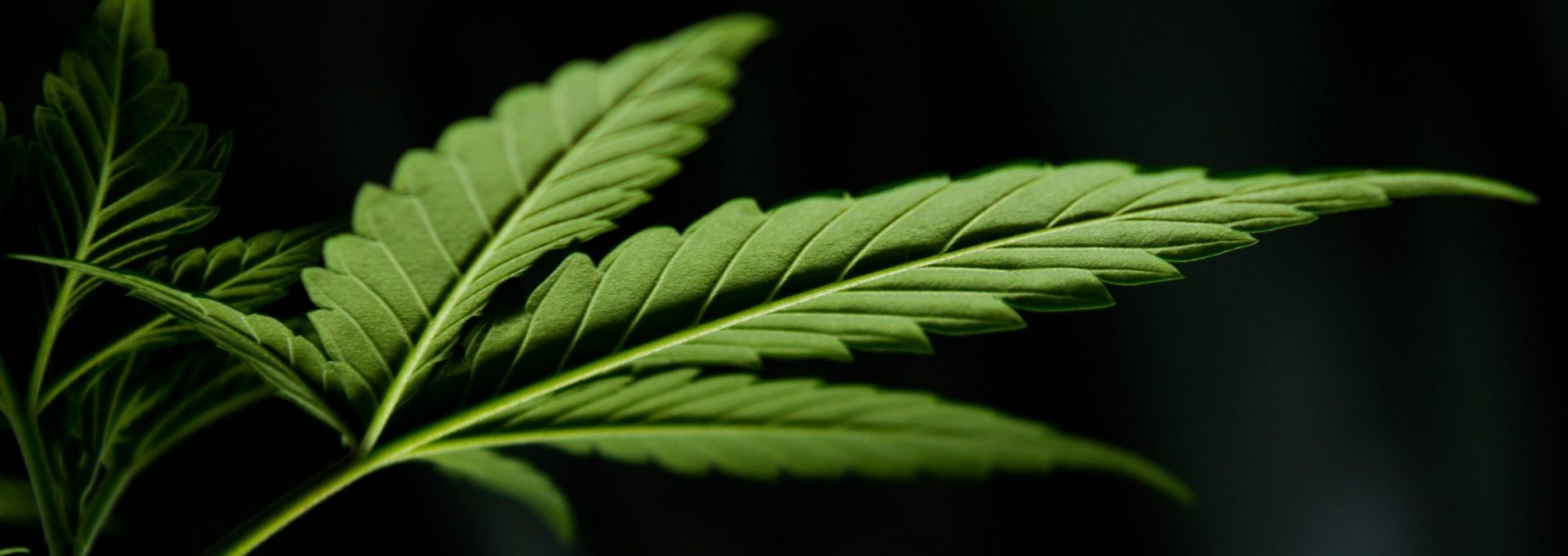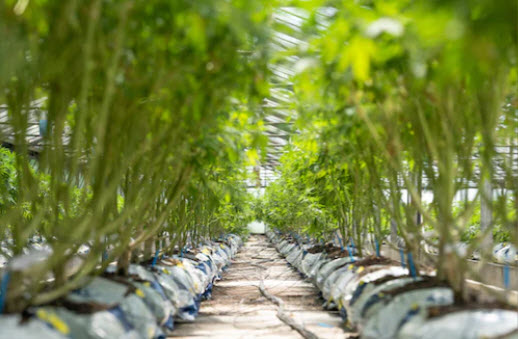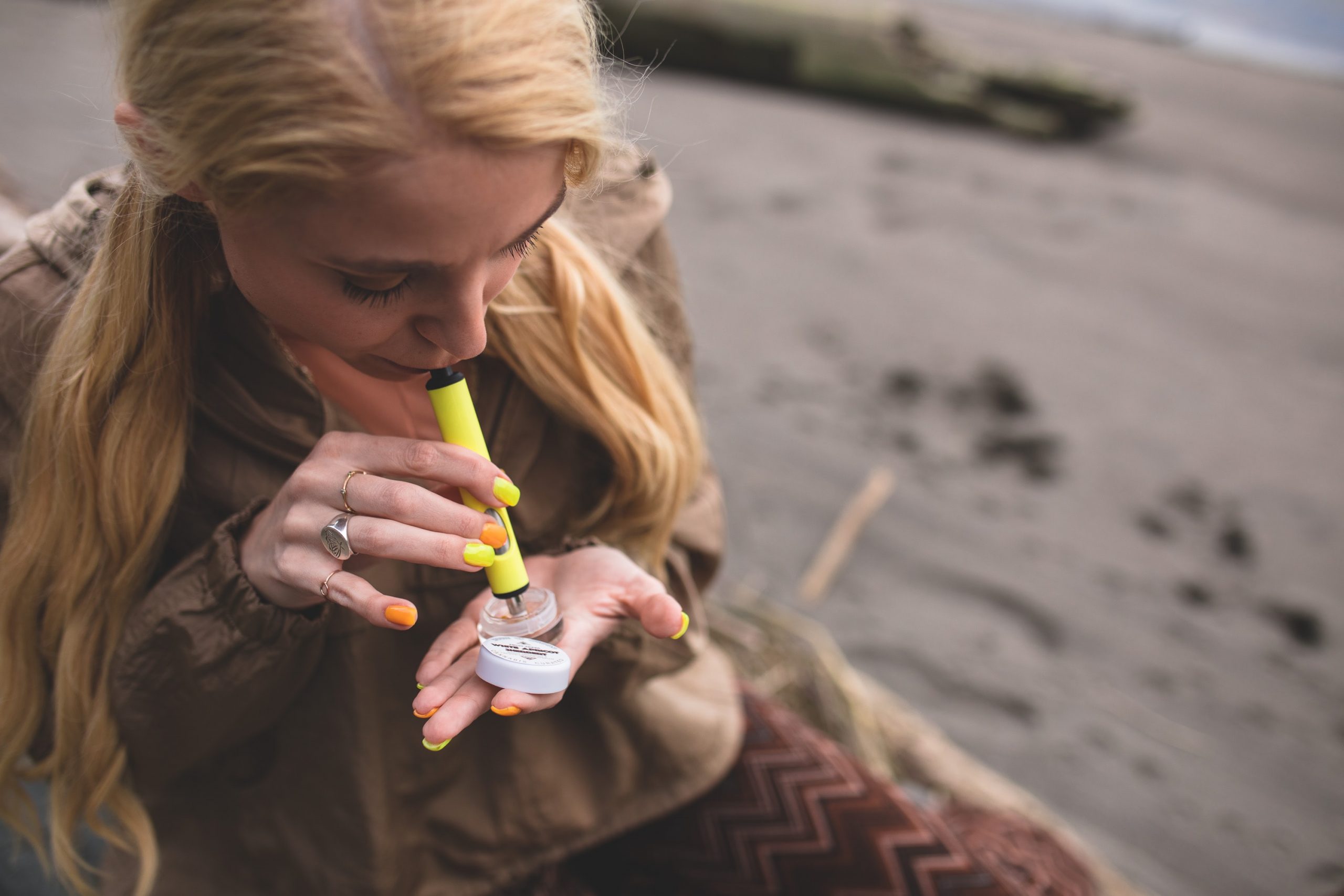The Karlsruhe based Supreme Court has left its case law from the 1990’s untouched, despite several appeals, in a federal legal setback for the pending decriminalization of cannabis
The Third Chamber of the Second Senate of the Federal Constitutional Court released its ruling on the unconstitutionality of banning cannabis products referred to it by courts in Bernau/Berlin, Münster and Pasewalk. Namely the lower courts had all ruled that statutory offences of the German Narcotics Law, or BtMG to be unconstitutional when applied to cannabis and cannabis products. The lower courts asserted that the criminalization of cannabis products amounts to a “disproportionate interference in the freedom of action and general right of personality protected by Article 2(1) of the Basic Law or Grundgesetz, combined with Article 1(1) and Article 2(2) of the same. The courts had also asserted that criminalization of cannabis violates Article 3(1) and Article 103(2) of the Basic Law.
The Supreme Court however ruled that these referrals to the court were inadmissible, and made the decision to not undo previous caselaw decided by the court in the 1990’s. Further, the decision has been based on both German law and international law (namely the 1961 Single Convention on Narcotic Drugs).
Why Does This Matter?
The ruling, issued just days after the federal government unveiled its new draft cannabis law which intends to remove the narcotics designation of cannabis, thereby allowing both home grow and domestic non-profit cannabis club cultivation and sales, is an interesting one.
First it reveals that the highest levels of the judiciary at least are not very interested in leading the charge on domestic cannabis reform but are rather citing much older precedent that refers to a time when even medical cannabis was still not legalized anywhere.
The second is that the sitting government coalition is now tasked with selling its new proposal in a legal environment at least, which seems intent on upholding the global 1961 Convention via German law, insofar as it does not consider a decriminalization of cannabis at all.
This means that the legislature will have to act in advance of at least the Supreme Court, which is hardly a surprise. The lawsuits of aggrieved patients in the middle of the last decade were what forced the legislature to act on the medical cannabis front.
However, given the practice of citing legal precedent, it is hardly a surprise that the decision has come out this way.
And almost in opposition to what has happened in several other countries, starting with Mexico, where the Supreme Court has ruled multiple times that the legislature must act to allow cannabis consumption, the German Supreme Court and the legislature are now at odds with each other with the Bundestag leading the way.
Is This a Setback?
On one level, this is certainly not a decision hoped for by cannabis advocates. On another however, given how strongly German courts, including the Supreme Court, follow precedent decisions, this is far from surprising. Further, until the legislature actually decriminalizes the plant as is planned at least for the end of the year, there is no way for the court to rule otherwise. In their view at least, cannabis is not like alcohol.
What this decision does do in spades, however, is underline the legal challenges of the current government in changing domestic law ahead of both regional and more international law. And while such a case could have certainly set a new precedent by considering the law in process that would decriminalize the plant, that is not really a trajectory one should expect in a place like Germany.
Bottom line? The Bundestag will have to make the first move.









